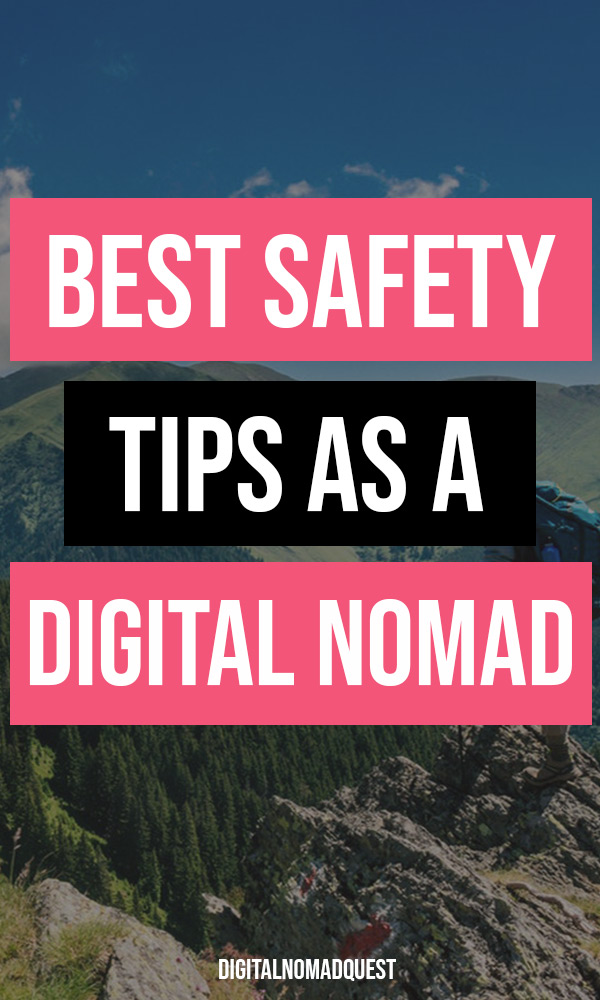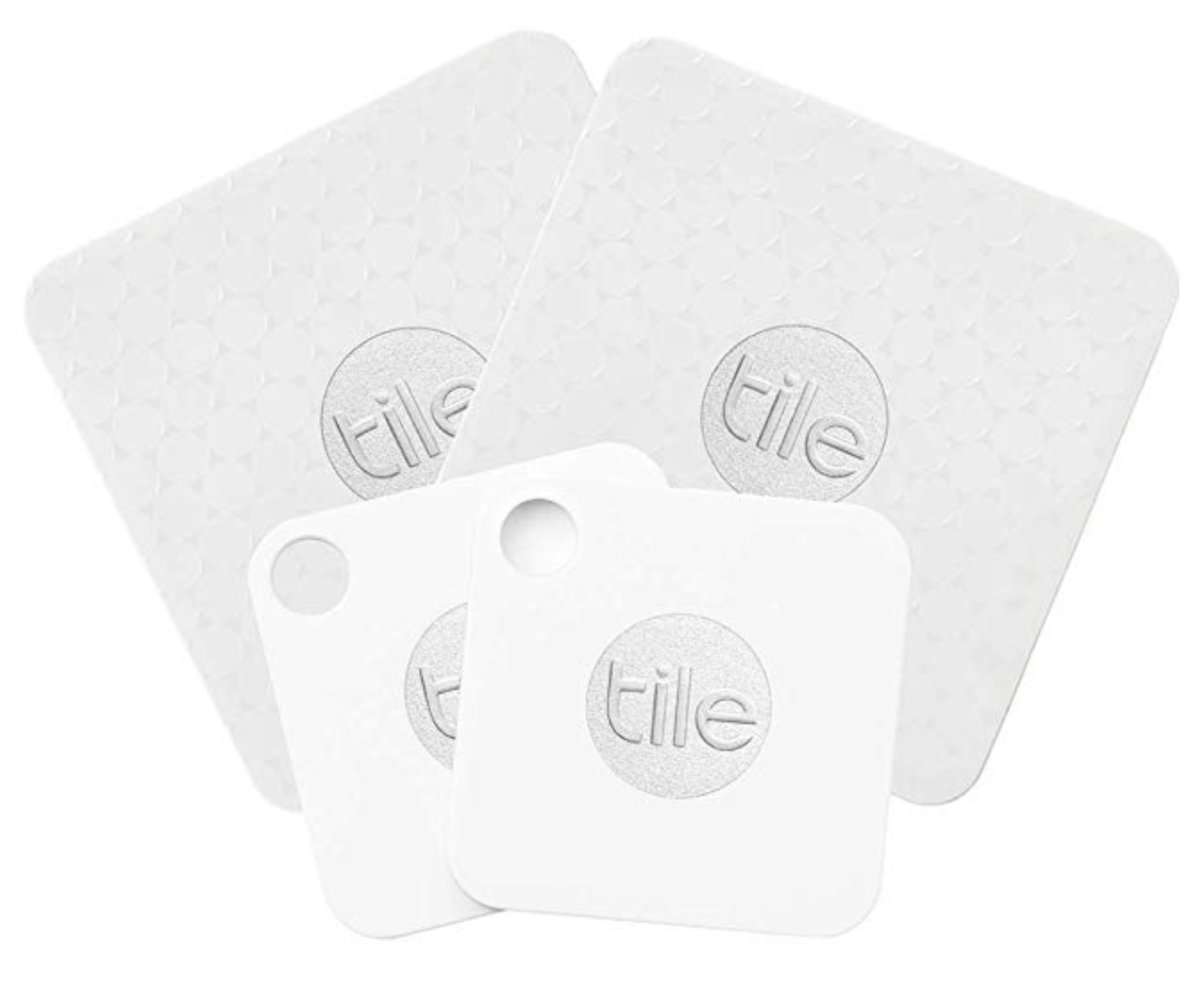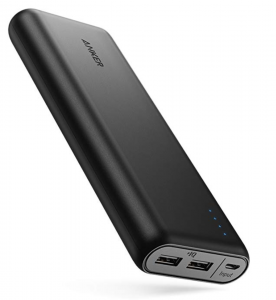Being a digital nomad requires you to think about a lot of things to keep yourself, your gear, and your data safe. Accidents, theft, and loss can and will happen all the time while traveling. Don’t let an accident stop you from working or traveling! Get back on your feet faster by protecting yourself, your stuff, and your work files. We’ve compiled our best safety tips for digital nomads in this post so that you can better protect yourself while you’re abroad.
What should you take into consideration to protect yourself while traveling? Here are the most important safety tips for digital nomads!
Best Safety Tips for Digital Nomads
Protect Data, Files, & Personal Information
When working remotely you aren’t just responsible for your own data and files. You are also responsible for the safety of your clients’ data and files. Keeping data, files, and passwords safe is a critical aspect of working remotely. These are the top tools and applications you’ll need in order to stay safe while working remotely.
VPN – A virtual private network is critical when you are working remotely on public networks, whether you are at your neighborhood Starbucks, a foreign hostel, or an airport. A VPN keeps your activity and data private. You can also use a VPN to change or hide your IP address. This is useful if you don’t want your boss to know that you are traveling, or if you want to use websites like Netflix while outside your home country. A VPN is necessary for accessing the internet in countries that heavily censor content, like China.
I have been using NordVPN for a few years now, and I’ve been very happy with it. ExpressVPN is also highly rated.
Reliable Internet – Internet infrastructure has improved immensely around the world, but there are still gaps in coverage and quality. You have a few options to cover your bases in areas with spotty internet.
The first option is to use your phone as a mobile hotspot. You can either use a US-based plan like Google Fi (Receive $20 free credit through this link), or buy a local SIM card. The hotspot then uses cellular data networks to make a Wi-Fi signal that can be used by your other devices. Set your smartphone to broadcast a Wi-Fi signal, and you’re ready to go. Make sure that you password protect the signal like you would on your home router. Double check your own international data plan to make sure that you won’t be racking up a huge bill!
Get a free $20 credit with Google Fi through this link.
The second option would be to purchase or rent a separate device like a Skyroam Solis X Smartspot. You’ll still need to purchase a data plan for this, but Skyroam has many flexible options like single day passes to fit your needs.
Data & File Backup – Backing up files in the cloud is essential for digital nomads. There are many services available, both paid and free. The most popular services are Microsoft OneDrive, Google Drive, and Dropbox. However, this is an expanding market with a variety of niche options available for more specific needs.
If you regularly work with larger files, you may need a local backup option. Always have a good portable external hard drive with password protection available, such as this inexpensive option from Seagate.
Password Manager – In addition to your own accounts, you may be managing multiple accounts for your clients. Trying to come up with and remember strong passwords every time will drive you crazy, and you’ll probably forget most of them. That’s where a password manager comes in.
A password manager creates, stores, and automatically fills in unique passwords for all the linked websites in your account. You just need to create and remember one master password. Most data hacks come from weak passwords or frequently reused passwords, so using a product like this will add an extra layer of protection to your data and your clients’ data. LastPass is one of the best known services, although there are many options available.
Protect Your Gear from Theft & Loss
At some point you can expect something to happen to your gear, whether from loss, theft, or accident. We’ve all had that situation traveling when we’ve been awake 36 hours after taking a red-eye flight, and we leave a cell phone or a credit card on the table somewhere. That’s a best case scenario- sometimes you might actually get robbed. I’ve also been caught in a surprise rain storm without a rain jacket or waterproof backpack. Not a problem for my clothes, but my smartphone was a different story.
As a digital nomad you will experience these situations more often than you might expect, so it’s best to be prepared for when surprises happen. Here are the best tools to protect and replace your gear!
Luggage Tracking Device – These can be used to find anything from lost keys to suitcases. Add a tracker to your gear like the Spot Gen3 or Tile, and figure out where your stuff is with the smartphone app. These can be great little items to have, although keep in mind that it isn’t a good idea to go chasing a stolen back pack down a strange alley to confront a thief. Just because you know where your gear is doesn’t mean that it will be safe to get it back.
Get the Tile here.
Luggage Tracking Apps – All major airlines have apps available to manage your boarding pass and flight alerts. Most of them now have a “Track My Bag” feature for checked luggage. These apps have totally saved me in the past! Just a few months ago I noticed that my checked bag wasn’t registered in the system before even leaving my home airport. The gate agent had made a mistake, and I was able to fix it before it became a giant problem!
Power Bank – Power banks allow you to charge just the bank at a public, more vulnerable outlet, and then you can charge your actual devices securely in a bag at a later time. This strategy is especially effective in hostels where private outlets are hard to find. I always carry at least one bank from the Anker PowerCore series. Anker offers robust larger models that will power several devices and smaller models that are the size of a mascara tube to keep in a day bag.
Get this Anker portable charger here.
Travel Insurance – In addition to health insurance, you can and should have some kind of coverage for your stuff. World Nomads offers limited coverage on your gear, including electronics. Although few companies will cover your leaving something behind, you can generally expect to be covered for theft, as well as baggage delays, damage, and loss by airlines or other travel providers.
Credit Cards – A travel-friendly credit card will also protect many new purchases. This can be combined with travel insurance to protect your newer purchases from theft, loss, or damage.
Scans of All Your Documents – I always keep photos and scans on my smartphone and in the cloud. I also have hard copies of the most important documents (like my passport). It’s not a good idea to take your actual passport with you wherever you go. Most of the time you can take a color copy, and leave your actual passport locked up in your room.
Cut-Proof Bag – A common method of theft is cutting the bottom of a tourist’s backpack while in crowded spaces like the bus or market. Is usually happens quickly and quietly before the victim notices. Protect yourself with a cut-proof bag like the ones from Pacsafe, which has metal wires between the layers of the fabric.
Locks & Cables – Locking your bag is the easiest way to protect your gear. You should always have TSA approved locks for your bags in general. Consider getting a cable to secure your bag to a heavy object, and a lock that fits the standard lockers found in coworking spaces and hostels.
Get Health Care
Health Insurance – I’ve already discussed the reasons why health insurance is important for digital nomads in my post about SafetyWing. A good health insurance plan is essential!
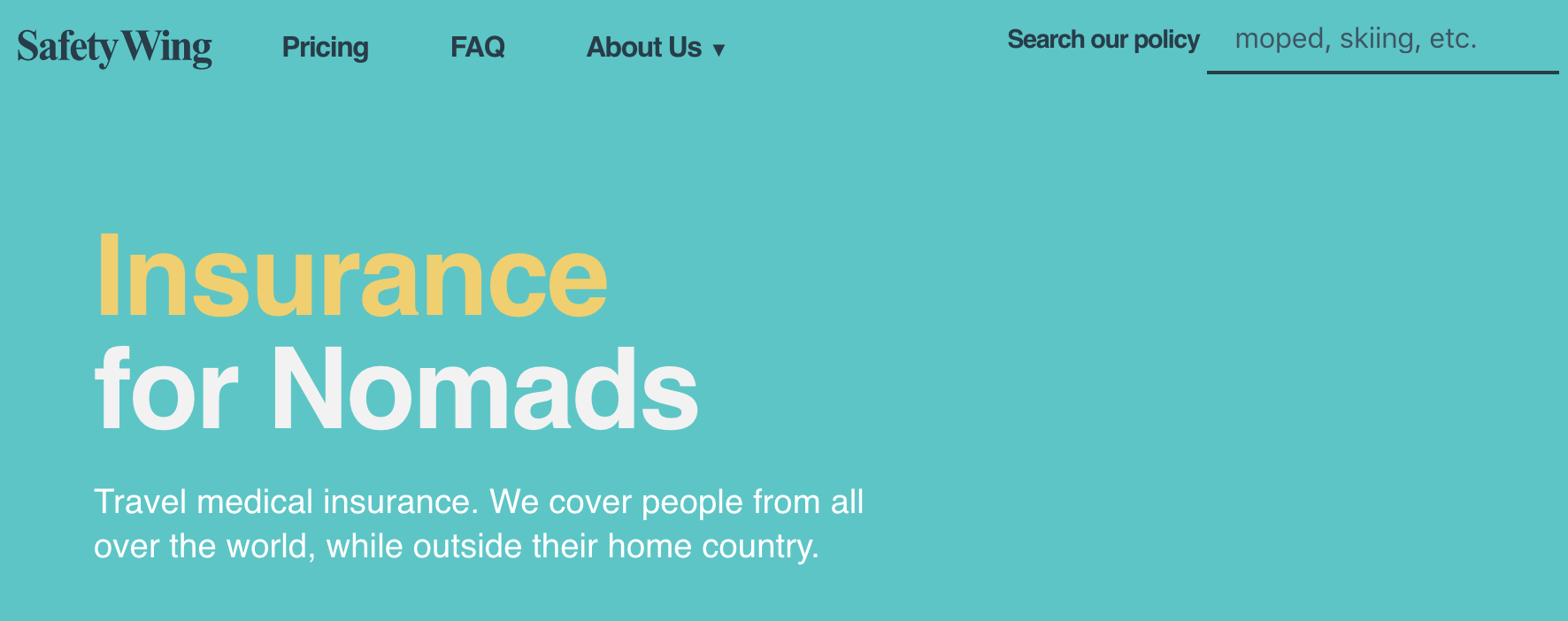
Check out this post on SafetyWing here.
Travel Vaccinations – You should get these before you even leave your home country, although they are often cheaper abroad. Many countries won’t let you enter without proof of yellow fever vaccination. Many insurance options don’t cover travel cancellation or denied boarding due to not having correct documents, so plan ahead!
Get Location News & Updates
A month before writing this article I spent two weeks in the middle of Quito, while Ecuador was going through serious political unrest. This included protests, road closures, strikes, riots, fires, country-wide curfews, and power outages. The first ten days were not that big of a deal according to the locals. They’d all been through it before, and they all said that it wasn’t that bad. That said, because of the state of emergency the government was allowed to control the media. So how was I to know what was actually going on?
The last few days of the strikes things were starting to get more serious. Many of my local friends were getting worried, and the city curfews were lasting longer. Government buildings and television stations were being attacked and tear gas was used in the downtown area. Because the unrest was based on political decrees made by the government, everyone had completely different opinions on what was going to happen and what should happen.
So what should you as a digital nomad do in this situation?
Get Embassy Updates – It’s a good idea to check the U.S. State Department website anyway for visa information and general travel advisories. Registering with the Smart Traveler Enrollment Program (STEP) will give you better information about safety, directly from the U.S. embassies in the locations where you have registered. Although many people simply post their location on social media to let loved ones know their location while traveling, that isn’t always enough when serious incidents occur.
Local News (Translated with Google) – Check the local news, and use Google Translate to read it in English. Keep in mind that it might be biased, but it will give basic information about things like curfews, areas where dangerous activities might be happening, and road closures. In case of natural disasters, local news sources and your hotel will give you good advice on evacuation procedures, necessary precautions, and support services.
Get the Basics – Water, food, and cash. Get them sooner rather than later. Stores might be closed, and ATMs abroad frequently run out of cash.
Avoid the Action – Nearly every country in the world forbids protesting or engaging in political activity while visiting on a visa. You are a guest in the country, and you could be deported if you get involved. This is true even for peaceful protests or helping injured protesters depending on where you are. Don’t go to the action just to check it out or to play amateur journalist for your blog. You may even want to move to the next city or country for the time being.
Take General Precautions
Pack Light – The less you pack, the less you have to worry about. Use carry on luggage when possible, leave unnecessary items in your accommodations, lock up your gear. Many crimes happen because of opportunity, so don’t make yourself the easiest target in the room.
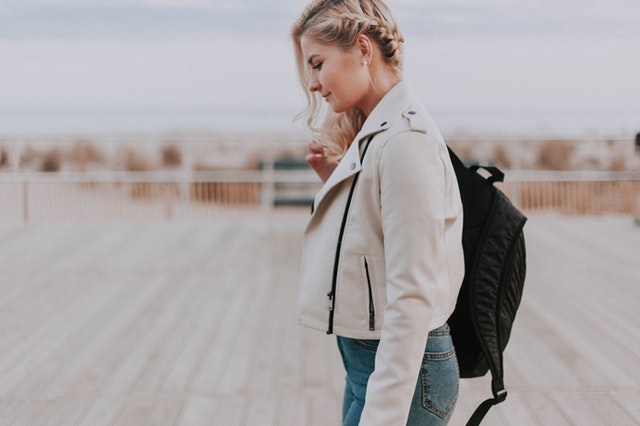
Check out the best travel backpacks for women here.
Pay Attention in Crowded Public Areas – Public transportation and market places have high theft rates. Don’t put your valuables into the overhead shelf/bin on a long distance bus, especially on an overnight trip. If you are on a city bus, keep your backpack in front of you, and keep all valuables in your front pockets. That said, even your front pockets won’t be safe if you aren’t watching them.
Only Use Trusted Taxis – Ubers can be the safest bet, depending on the city or country. Taxis are a different story. There may be fake taxis waiting to rob you depending on where you travel, so have your hotel/hostel call one for you if needed. Many AirBnBs recommend specific taxi companies or drivers to their guests.
Watch Your Gear at Cafes and Coworking Spaces – The great thing about coworking spaces is that they have lockers to store your extra stuff during longer work periods. At a café, you can easily lose your laptop while getting up to get an extra napkin or sugar packet.
Conclusion
You need to have a plan for the worst-case scenarios that happen while traveling with expensive gear. That said, don’t let this list discourage you! Having a back up plan when the bad stuff happens means that you can get back out there and enjoy your digital nomad experience faster. Thinking about the problems before they happen will make your experience less stressful!
Do you have any best safety tips for digital nomads? Let us know in the comments!
